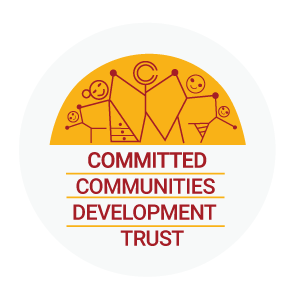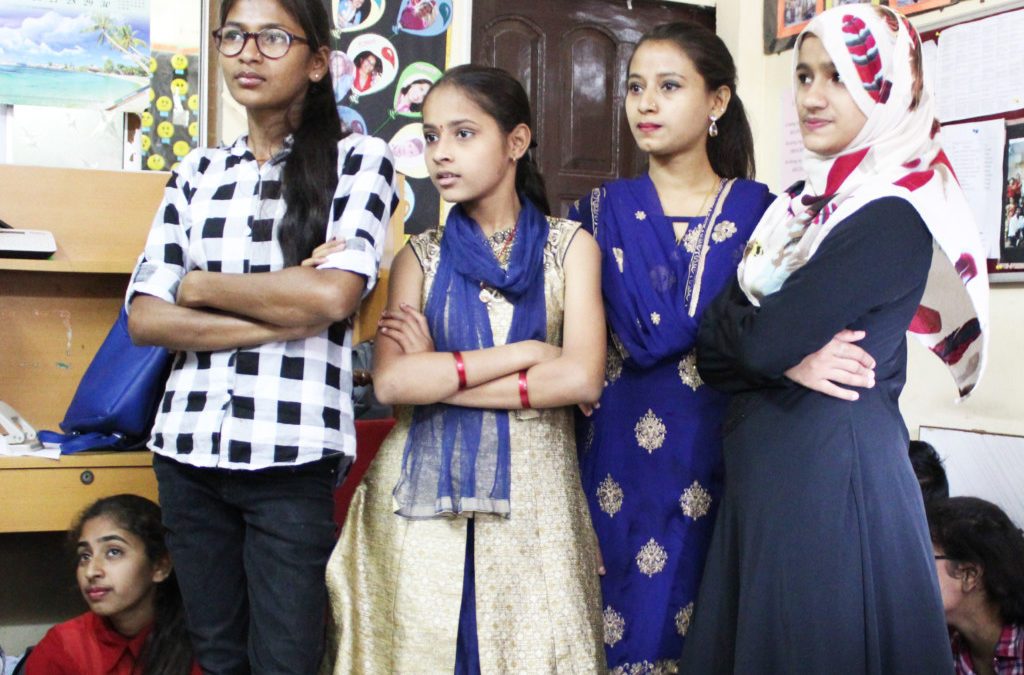Young people hold the promise of our future. Working with and empowering youth has emerged as a priority area. The HIV/AIDS epidemic has challenged us in exceptional ways to find the means to protect and empower our youth to help them become happy, healthy adults.
Youth is best understood as a period of transition from the dependence of childhood to adulthood’s independence. Youth is a vulnerable phase, fraught with a host of biological, cognitive, social and emotional changes. The transition is also a time for exploring and navigating peer relationships, gender norms and sexuality.For youths impacted by HIV it becomes all the more complicated. Additionally the ignorance, stigma and powerlessness often stop them from making essential life choices and fulfilling their needs. It is imperative to thus pay greater attention to them and their needs.

Through its Home-Based Care Program (HBC) CCDT plays a vital role in mitigating the impact of HIV/AIDS on families and children across every ward in Mumbai city. The uniqueness of the intervention lies in maintaining a fine balance between prevention, care and support initiatives designed to fight the HIV epidemic on one hand, and on the other, to empower infected and affected families including youths to become self-reliant.
Life skills offers a unique approach to contribute to the well being of our young, empower them and help them meet life’s many challenges. The HBC program engages with youths as partners through developing their life skills and leadership skills. The program holds capacity building sessions each month with these youth leaders.

During the month, youth leaders were capacitated on ‘Effective Communication’. Around 50 youth across the HBC program actively participated. The session focused on verbal and non verbal methods to effectively communicate their successes, challenges and claiming of their Rights.
“Youth is a critical age that acts as a bridge between childhood and adulthood; empowering youth leaders will positively influence their own development as well as of their communities at large,” says Deepak Wahane (Project Officer).

The elements of effective communication were discussed and the importance of effective communication and body language was demonstrated. The youth leaders engaged in group work to prepare a key message to voice their ideas, thoughts, successes or challenges towards social protection of children living with and affected by HIV. They prepared aids such as posters, charts, photo display to communicate their key message developed/idea on the issues of stopping addiction and use of foot bridges at the railway station. Thereafter, they demonstrated their key messages using the aids developed. The group then evaluated each other’s communication strategy and discussed that as leaders they need to be the voice for claiming the rights of children and peers that they lead.
“Good communication is an active process that involves listening, questioning, understanding and responding. It is the key to establishing and maintaining relationships. It helps build trust, and encourages us to seek advice and use services,” says a Youth Leader.
The session helped the youth leaders understand the basics of effective communication and importance of using communication aids to lend value to their voices.


Recent Comments